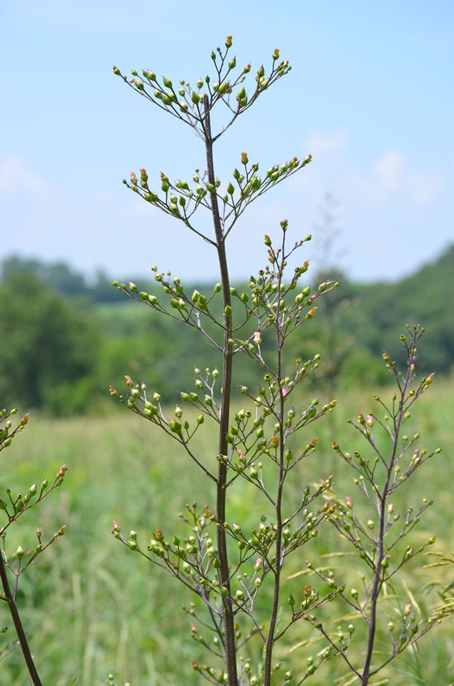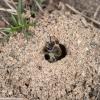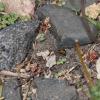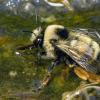This post is part of an ongoing series highlighting some of the best plants for pollinators from coast-to-coast. Drawing from our books 100 Plants to Feed the Bees, Gardening for Butterflies , and our Monarch Nectar Plant Guides.
Figwort
Scrophularia spp.
The odds are pretty good that you’ve never encountered figwort, or if you have you’ve taken no notice. Hopefully, after reading this you will seek it out. Figworts are amongst the most prolific nectar producers in the plant world. If the common name of ‘figwort’ doesn’t endear you to, it perhaps you will prefer to call it “Simpson’s honey plant” as it was known in the 1880’s when it was mass-planted in parts of the Midwest where beekeepers claimed a single acre could produce 400 to 800 pounds of honey that was prized for being light, clear, and aromatic.
The plants themselves may look particularly “weedy” with tall, gangly flower stalks and fairly inconspicuous two-lipped flowers (shaped like honey pots!). While they may not be as showy as other wildflowers, discerning horticulturalists will find interest in the flowers simply for their uniqueness. Figworts tolerate partial shade and wet conditions, making them excellent for planting in rain gardens or along stream banks. Figworts attract a huge number of bees, wasps, flies, and hummingbirds – especially when planted in large clusters.
Native Range: Only a few species are native to North America. Late figwort (S. marilandica) is only native in eastern states, whereas lance-leaved figwort (S. lanceolata) is more broadly distributed across North America.
Best for: Providing an abundance of nectar for pollinators, attracting beneficial predatory wasps.




